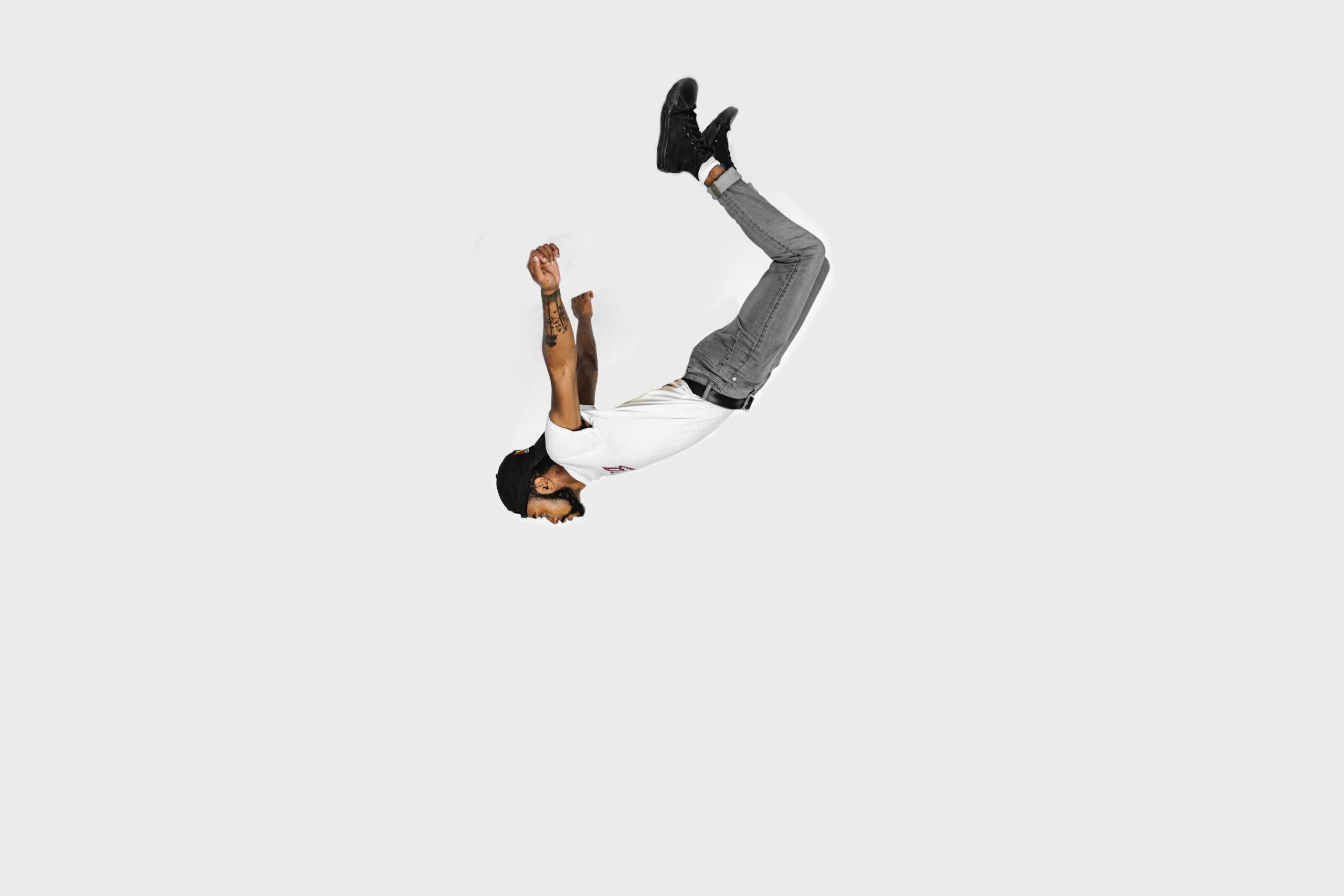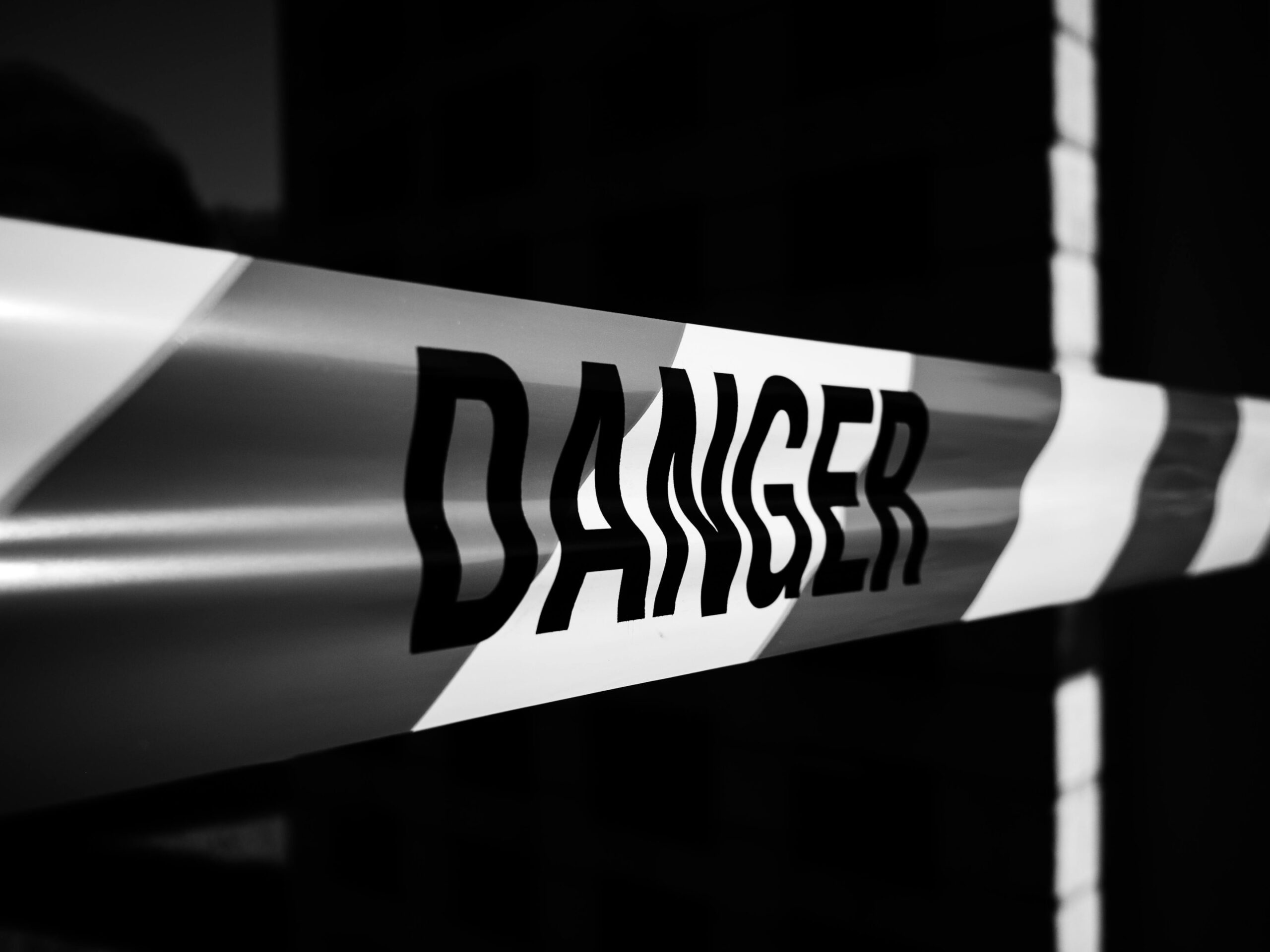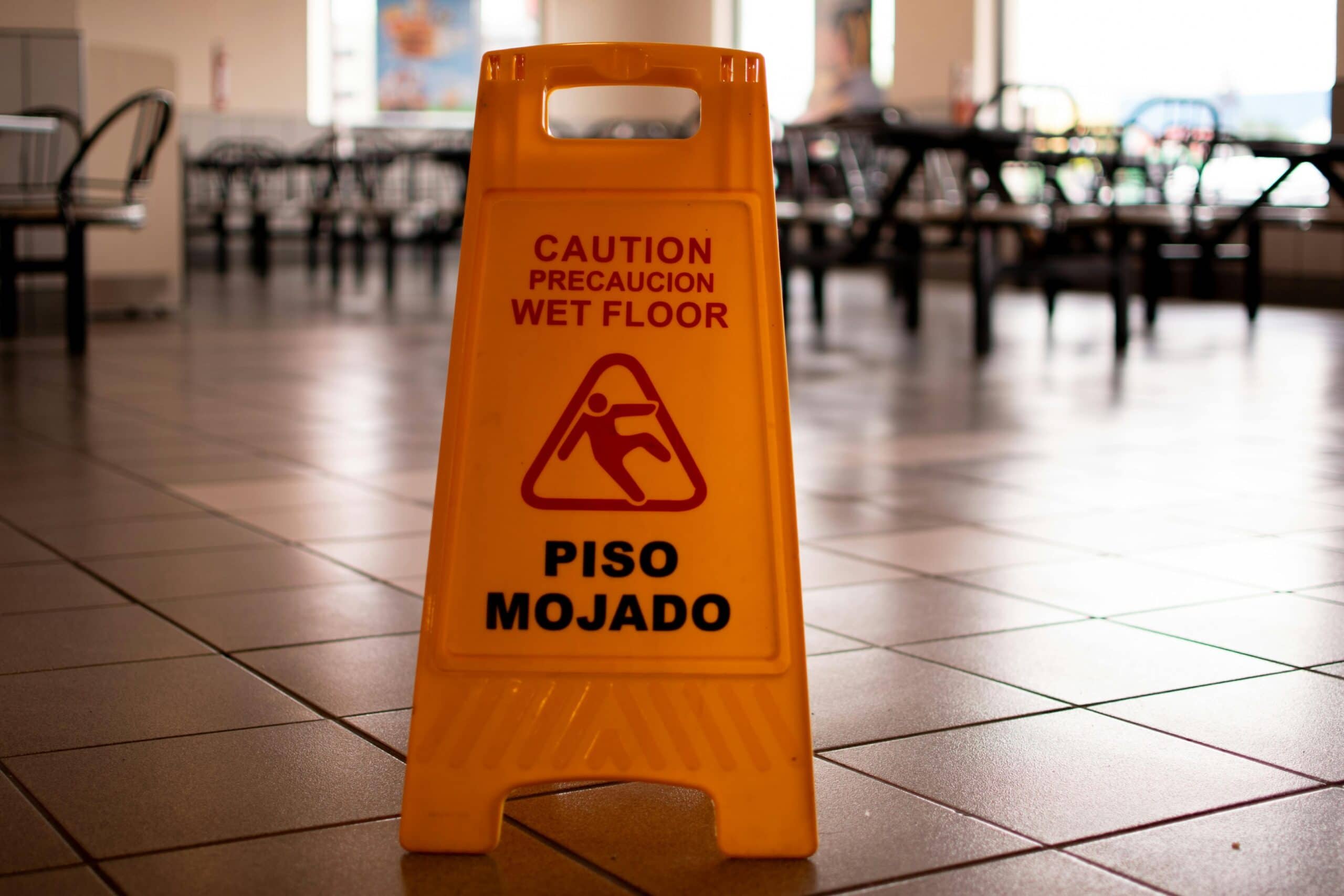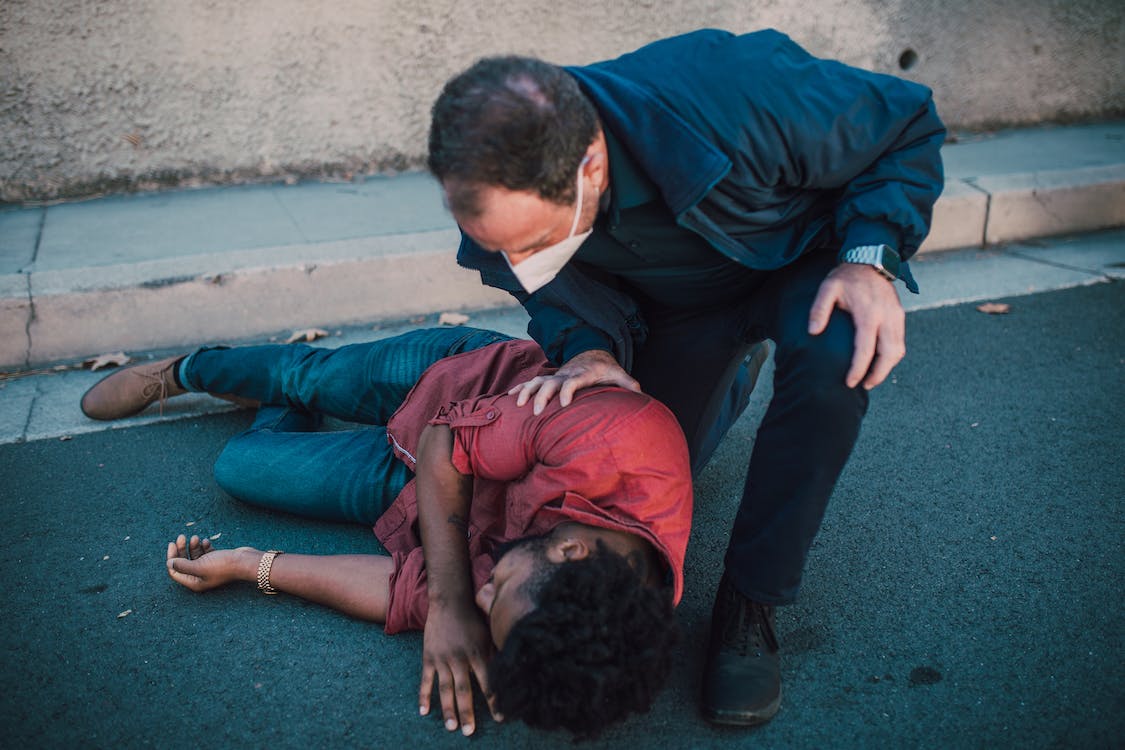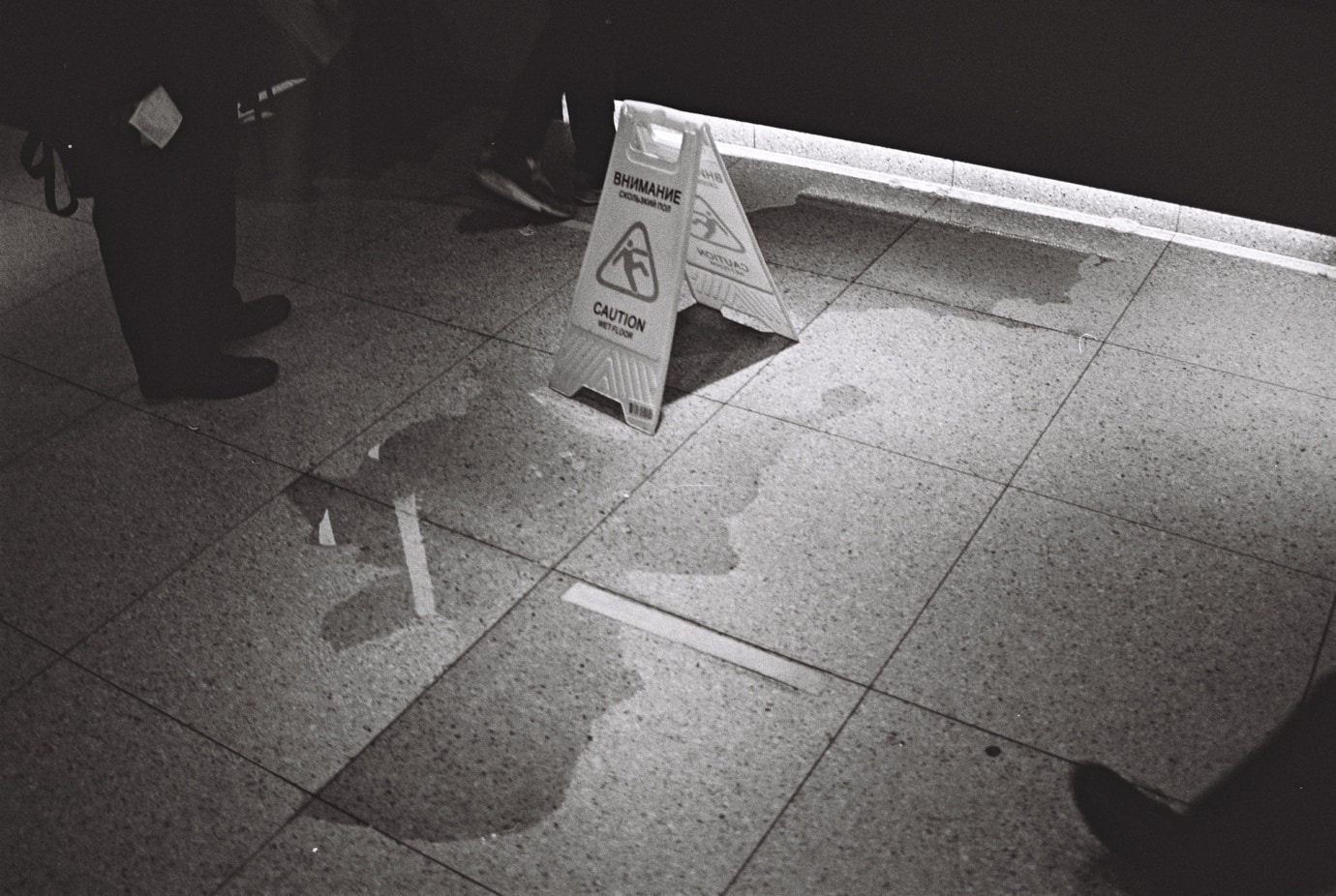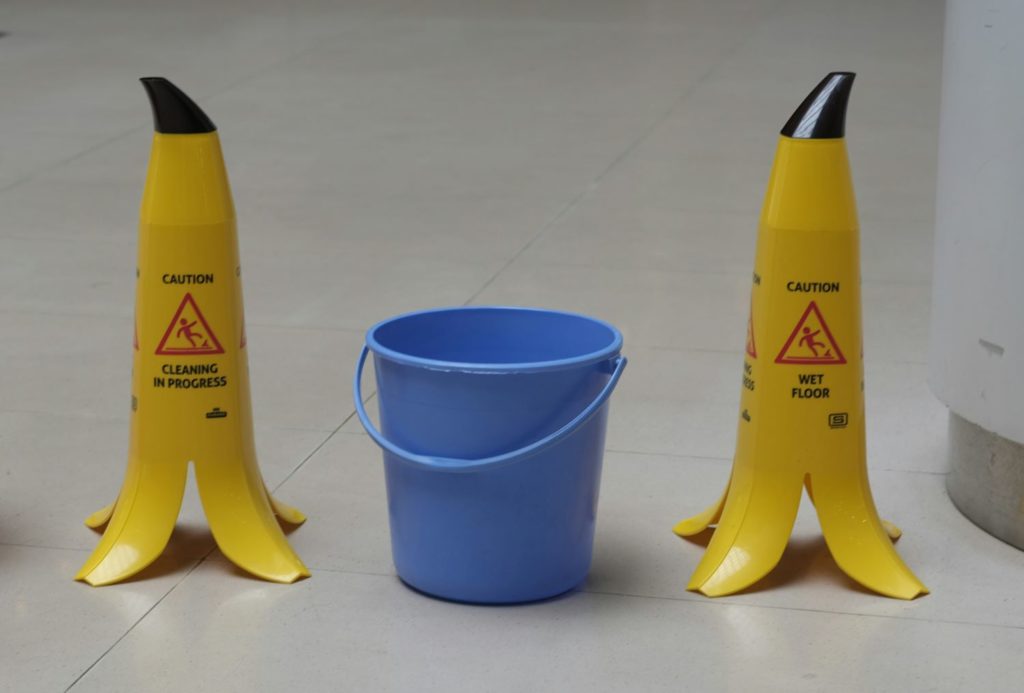
If you’ve recently experienced a slipped and fell at a Target store in Nevada, you may be wondering what steps to take to protect your rights and seek appropriate compensation. In this comprehensive guide, we’ll walk you through the essential actions to ensure you confidently navigate this challenging situation. Remember, you’re not alone in this process, and understanding the necessary steps can make a significant difference in the outcome of your case.
Steps to Take After a Slip-and-Fall Accident at Target
Ensure Your Safety Comes First
Your safety is the top priority the moment you slip and fall at Target. If you’ve sustained injuries, you need to seek immediate medical care. Not only does this prioritize your health to ensure you recover soon, but it also establishes a crucial link between the accident and any severe injuries, a key element in any potential claim.
Immediately Document the Scene
While at the accident scene, document as much as you can. Take pictures of the area where the accident occurred, paying close attention to any hazardous conditions like wet floors, uneven surfaces, or lack of warning signs. This visual evidence can be crucial in proving the dangerous condition that led to your fall.
Report the Incident
Make sure to report the incident to Target’s store manager as soon as possible. Request a copy of the incident report for your insurance provider for records, and ensure it accurately reflects the details of the injury and accident. This report can be a valuable piece of evidence when establishing liability.
Collect Witness Information
If there were any witnesses to your slip and fall, collect their contact information. Witness statements can be powerful evidence in establishing the conditions that led to your accident and the subsequent injuries. This additional layer of support can significantly strengthen your case.
Seek Medical Treatment
Even if your injuries seem minor at first, you should seek prompt medical attention. Some serious injuries may not manifest symptoms immediately, and a delay in treatment could harm both your health and your potential insurance claim. Keep detailed records of all medical bills, prescriptions, and expenses related to your injuries.
Preserve Evidence
Preserve any evidence related to the accident and your injuries. This includes keeping the clothes you wore during the incident, preserving any damaged personal items, and holding on to any communication with the store, insurance companies, or medical professionals. This evidence may be crucial in proving your case later on.
Contact an Experienced Slip-and-Fall Attorney
Navigating the legal complexities of a slip-and-fall claim against a large company like Target can be challenging. Consulting with an experienced slip-and-fall attorney can provide you with valuable insights into your rights and options. They can guide you through the process, help you gather evidence, and build a strong case on your behalf.
Request Copies of Relevant Documents
Request copies of all relevant documents, including the incident report, medical records, and any communication with the store, insurance companies, or medical professionals. These documents are essential for building a comprehensive case and establishing the extent of your injuries and damages.
Understand Target’s Liability
To have a successful slip and fall claim against Target, you’ll need to prove that the store was negligent and that this negligence directly led to your injuries. Understanding Target’s liability is crucial in building a strong case. Your attorney can help you navigate this aspect of the legal process.
Here are key considerations when assessing Target’s liability:
Duty of Care: All businesses, including Target, owe a duty of care to their customers. This duty involves maintaining a reasonably safe environment, promptly addressing hazards, and warning customers about potential dangers. If Target fails in this duty, they may be held liable for resulting injuries.
Negligence in Maintenance: To prove negligence, you must show that Target knew or should have known about the hazardous condition that caused your slip and fall. This can include issues like wet floors, uneven surfaces, or obstacles in walkways. If Target was aware of the danger and failed to address it promptly, they may be held responsible for your injuries.
Failure to Warn: If a hazardous condition is not immediately correctable, Target has a duty to warn customers about the potential danger. Warning signs, cones, or other notices should be present to alert customers and give them the opportunity to avoid the risky area. Failure to provide adequate warnings can contribute to Target’s liability.
Causation: Establishing a direct link between Target’s negligence and your injuries is crucial. Your slip and fall injuries must be a foreseeable result of the store’s negligence. If you can prove that the hazardous condition directly caused your accident and subsequent injuries, it strengthens your case.
Proving Negligence: Your attorney will play a vital role in gathering evidence to prove Target’s negligence. This can include surveillance footage, witness statements, maintenance records, and any communication indicating the store was aware of the hazardous condition. The stronger the evidence, the more compelling your case becomes.
Comparative Negligence: Nevada follows the doctrine of comparative negligence, meaning the court may assign a percentage of fault to each party involved. If it’s found that you share some responsibility for the accident, it won’t necessarily bar you from seeking compensation. However, your recovery may be reduced based on your level of fault.
Communicate with Insurance Companies
Expect communication from insurance company representatives, both yours and Target’s. Be cautious about providing statements or accepting settlements without consulting your attorney. Insurance companies may attempt to minimize your claim, and having legal representation ensures your rights are protected.
File a Civil Lawsuit if Necessary
If negotiations with Target or the insurance company don’t lead to a fair settlement, your attorney may recommend filing a civil lawsuit. This legal action is a formal way to seek compensation for your injuries and other losses. Your attorney will guide you through the entire process, from filing the lawsuit to presenting your case in court if necessary.
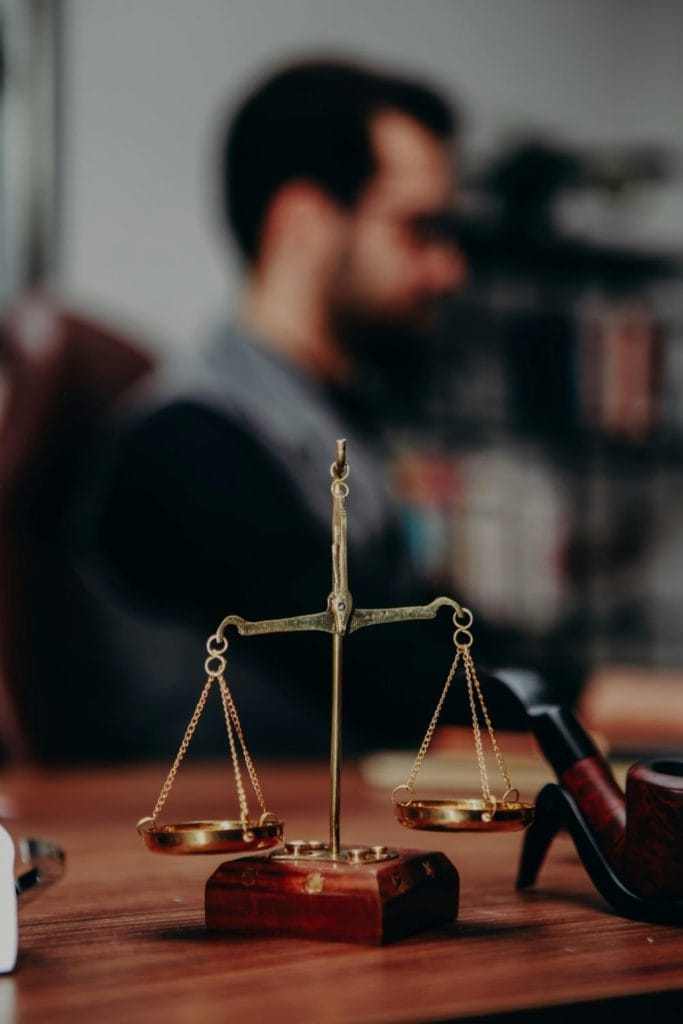
Take Action to Protect Your Rights With BLG Slip-and-Fall Lawyers
Experiencing a slip-and-fall at a Target store in Nevada can be a daunting experience, but taking the right steps in the aftermath is crucial. From seeking medical attention to consulting with an experienced slip-and-fall lawyer, each action you take plays a role in protecting your rights and seeking the compensation you deserve.
Remember, you don’t have to navigate this process alone. The legal team at BLG is here to help. Contact us today for a free consultation, where our seasoned slip-and-fall injury attorneys can discuss the details of your case and provide you with the guidance you need to move forward. Don’t let a slip-and-fall accident define your future – take action and protect your rights today.
FAQs
Q1: What should I do immediately after a Target slip-and-fall accident?
A1: Your immediate priority is your safety. Seek medical attention if you’re injured. Document the scene by taking pictures, report the incident to the store manager, and collect witness information. These steps can be crucial in building a strong case.
Q2: Why is it essential to report the slip and fall to Target’s store managers?
A2: Reporting the incident creates an official record of the accident. Request a copy of the incident report to use as evidence. It outlines the details of the accident, including the hazardous conditions that led to your fall.
Q3: How do I prove Target’s liability for my slip and fall injuries?
A3: To establish Target’s liability for fall settlements, you need to show they were negligent. This involves demonstrating a breach of duty of care, negligence in maintenance, failure to warn, and a direct link between their actions and your injuries. Consult with an attorney to gather and present the necessary evidence.
Q4: Should I accept a settlement offer from Target’s insurance company?
A4: It’s advisable not to accept any settlement offers without consulting your attorney. Insurance companies may offer a quick settlement to minimize their payout. An attorney can assess the fall settlement offer’s fairness and negotiate on your behalf for appropriate compensation.
Q5: How long do I have to file a slip and fall claim against Target in Nevada?
A5: In Nevada, the statute of limitations for personal injury claims, including slip and fall accidents, is generally two years. It’s crucial to initiate legal proceedings within this timeframe to preserve your right to seek compensation.
Q6: Can I still file a slip and fall injury claim if I contributed to the accident?
A6: Yes, you may still be eligible for compensation even if you contributed to the accident. Nevada follows the comparative negligence doctrine, where your recovery may be reduced based on your level of fault. Consult with an attorney to understand how this may affect your case.
Q7: What damages can I seek in a slip and fall claim against Target?
A7: You may be eligible to seek compensation for medical expenses, lost wages, pain and suffering, and other losses. The specific damages depend on the circumstances of your case. An attorney can assess your situation and guide you on the potential recoverable damages.
Q8: How long does it take to resolve a slip and fall claim against Target?
A8: The duration varies based on the complexity of your case, negotiations, and potential court proceedings. Some cases are resolved through settlements, while others may require litigation. Your attorney can provide a more accurate estimate based on the specifics of your situation.
Q9: What if Target denies liability for my slip and fall injuries?
A9: If Target denies liability, your attorney can help gather evidence and build a compelling case. This may involve engaging in negotiations or, if necessary, filing a civil lawsuit. An experienced attorney will guide you through the process of seeking the compensation you deserve.
